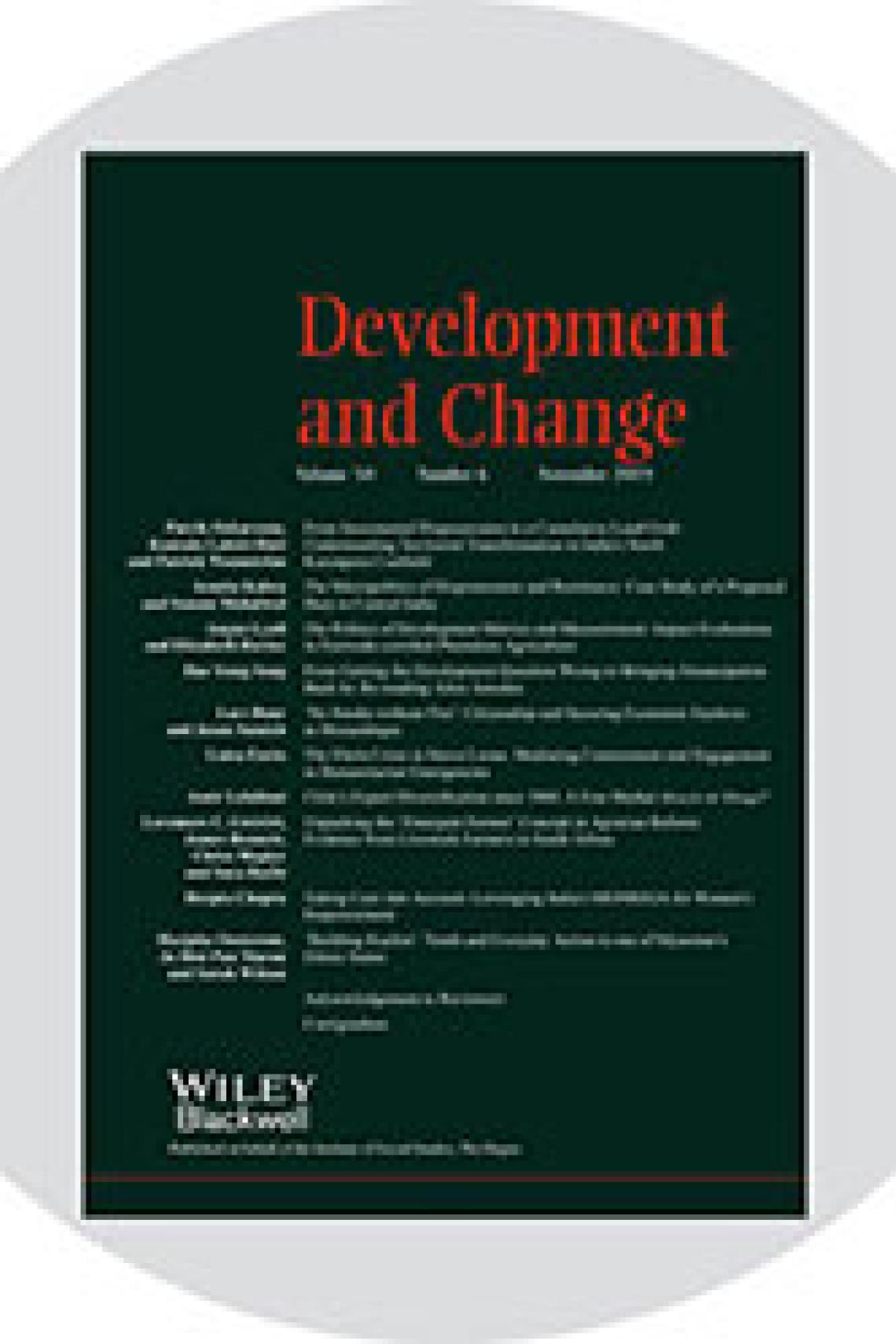New article by Nikita Sud explores ‘unfixed’ nature of land in India
A new article by Associate Professor Nikita Sud explores the ‘unfixed’ nature of land – the way it is continuously made and re‐made by human action and human institutions – and its relationship to the state in India.
Qualitative research in India shows humans physically reconfiguring, legally redefining, politically relabelling and discursively re‐imagining land in growth‐ and investment‐led policies.
The state is a key actor in the material and conceptual unfixing of land, and its re‐fixing to emerging developmental imaginations. But land is not just a territorial container for the implementation of policy. Rather, it routinely stretches the boundaries of state authority.
In the fieldwork on which the article is based, unfixed, multi‐dimensional land emerges as contested access, social and political territory making, possession that goes beyond the legality of property, and more.
As unfixed land extends beyond the boundaries and authority of the state, the state too is stretched in projects of land's unfixing and re‐fixing. This state is revealed as porous, and with a criss‐crossing of social relationships that draw out its institutional bounds into a world of moonlighting officials, revolving doors, and shadowy actors and transactions over unfixed land. The result of this co‐productive interaction is the unfixed state of unfixed land.
Nikita Sud (2019) ‘The Unfixed State of Unfixed Land’, Development and Change, DOI: 10.1111/dech.12553

